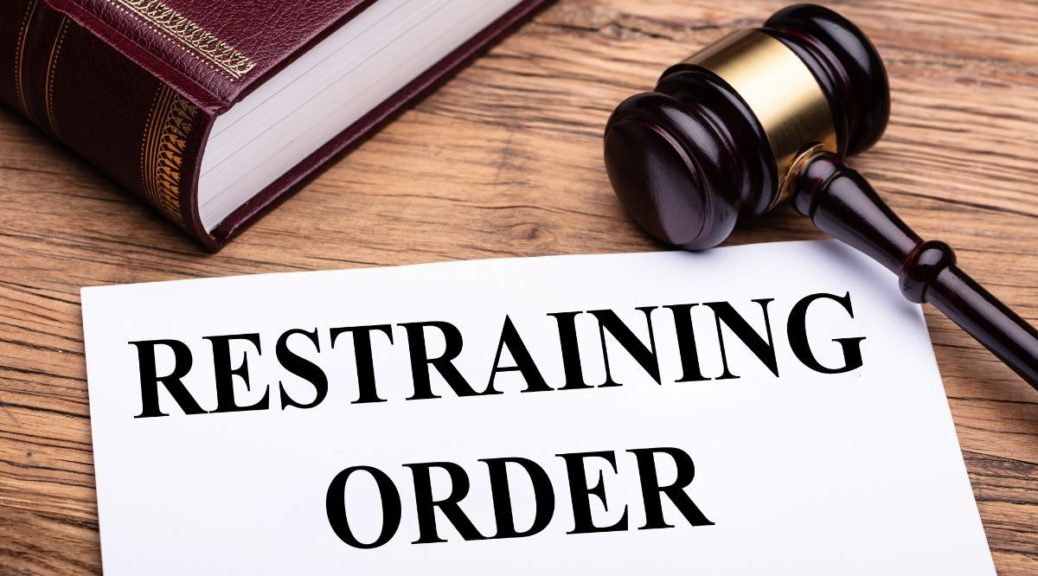Emma wanted to divorce her husband, Chaz, for many reasons. He was unfaithful, emotionally abusive, and just an all-around jerk. But Emma was particularly happy as she filed her divorce petition because she would finally know Chaz’s complete financial picture. For many years, Emma had been held hostage when it came to money because of Chaz’s secretive ways. Now, both she and Chaz each would have to file a full financial disclosure under California law. But if he hid his money, would Emma and her divorce lawyer have any options?
What does “full financial disclosure” really mean?
During a divorce, the couple’s marital assets and debts are divided. But you cannot come up with a realistic property division unless you know what property and debts are involved.
“Full financial disclosure” means just what it says. Both parties to the marriage have to provide a complete picture of what they own and what they owe. Since California is a community property state, most income, assets, and debts acquired during a marriage belong to both parties – but there are exceptions. In fact, property division is complicated and should not be attempted without help from an experienced divorce attorney.
What does the disclosure of financial information work?
First, you serve your preliminary declaration of disclosure on your spouse. You do not have to file your financial disclosures with your divorce petition. However, you must serve them no later than 60 days afterward. The disclosures are not filed with the court, but you will file a Declaration of Disclosure and some other documents with the court that prove you took this step.
Your spouse will serve his or her preliminary disclosures on you.
As your divorce case proceeds, you might need to file a final disclosure.
The information submitted in your disclosures will be used for several reasons, including calculating property division. Child support and spousal support might also be affected.
How will I find money and assets omitted from my spouse’s financial disclosures?
If you and your lawyer feel information is missing, you might have to hire a forensic accountant to investigate. Also, watch for any documents, social media posts, or other signs that your spouse has hidden assets from you.
Are there any consequences for withholding information?
Absolutely! The judge can set aside your property settlement or even cancel it. If your divorce has already ended before you learn of the withheld information, the judge might reopen your case to review the new information.
People who lie on their disclosures may be unpleasantly surprised when the judge orders them to hand over the withheld assets. Finally, the withholder of information might be forced to pay the innocent spouse’s attorney’s fees.
Both Parties Need to Make Full Financial Disclosure in a Divorce
Talk to an experienced California divorce attorney today. Please call us at (415) 293-8314 to schedule a confidential appointment with one of our attorneys.
Please call us at 415-293-8314 to discuss your case. The attorneys at the Law Offices of Judy L. Burger assist clients along California’s Northern to Southern Coast, including San Francisco, Beverly Hills, Gold River, San Diego, Santa Barbara, Ventura/Oxnard, and surrounding communities.










